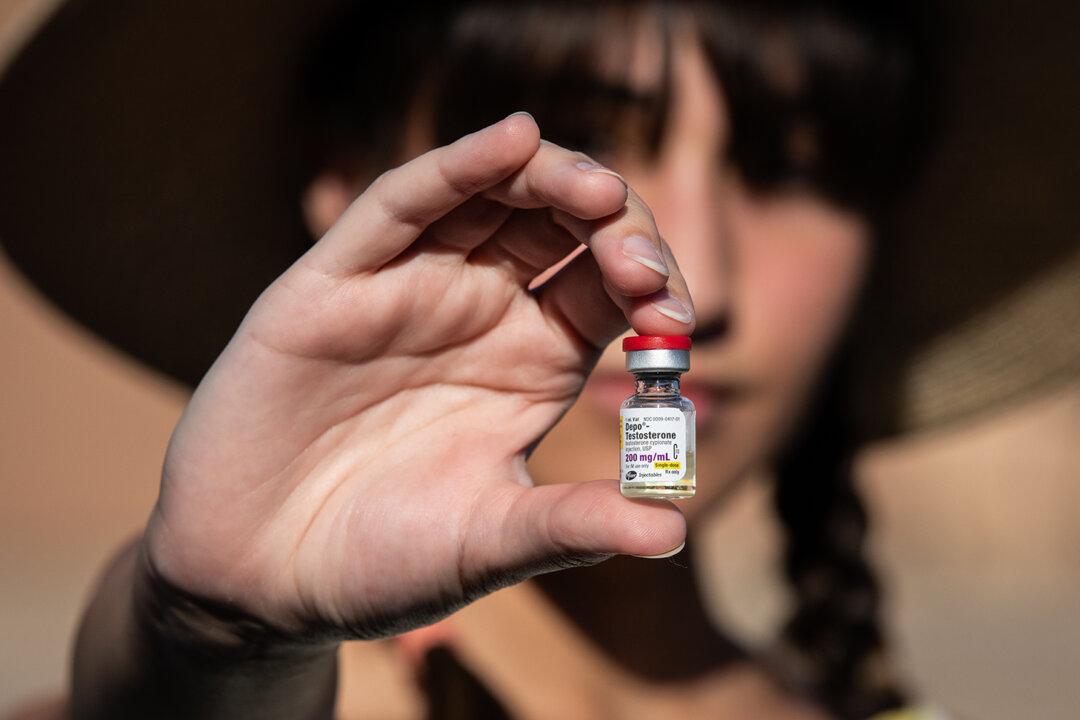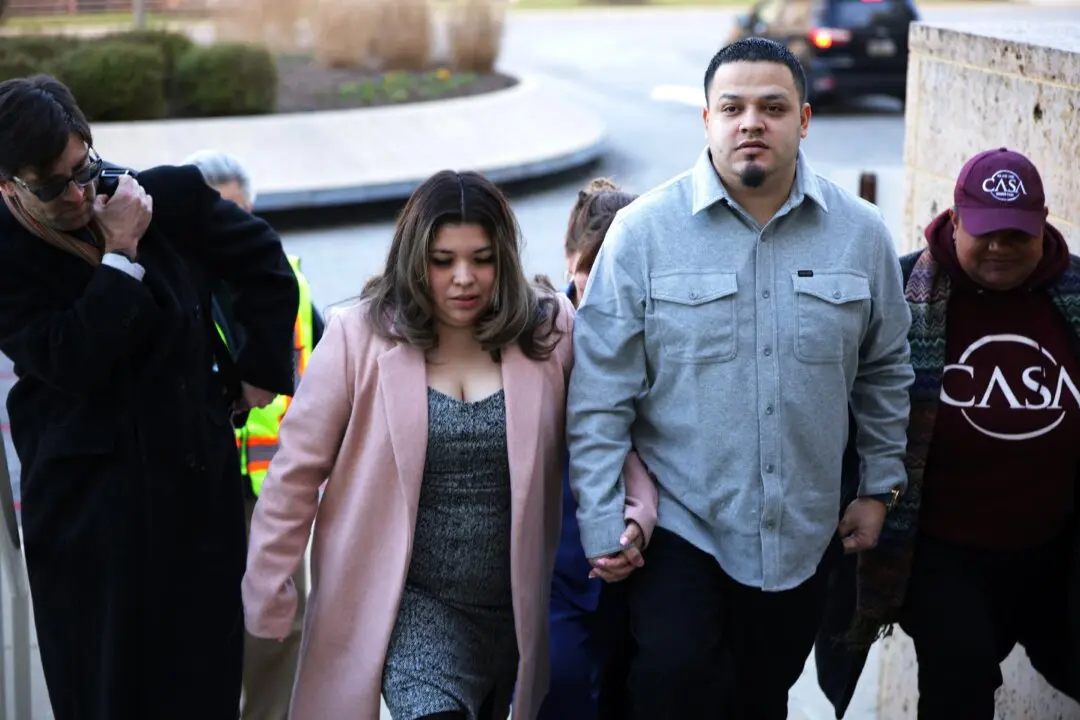A Texas court of appeals upheld a lower court’s order on Friday, allowing families who allow minors to access procedures that alter the appearance or function of their sexual organs to go on unimpeded by the Department of Family and Protective Services.
Texas Gov. Greg Abbott in February 2022 signed a directive ordering the department to investigate Texan parents who allow their gender dysphoric children to receive such procedures, like surgery and chemical drugs.





